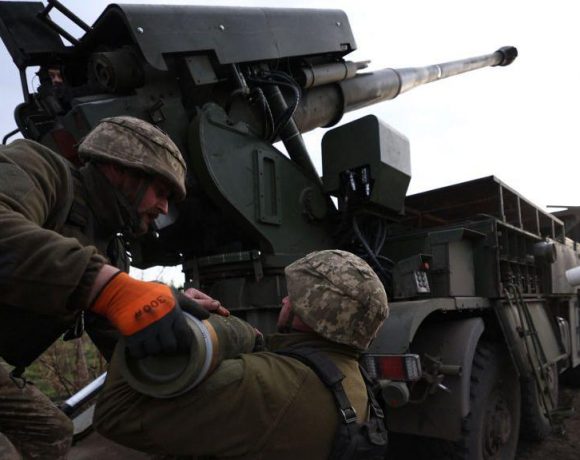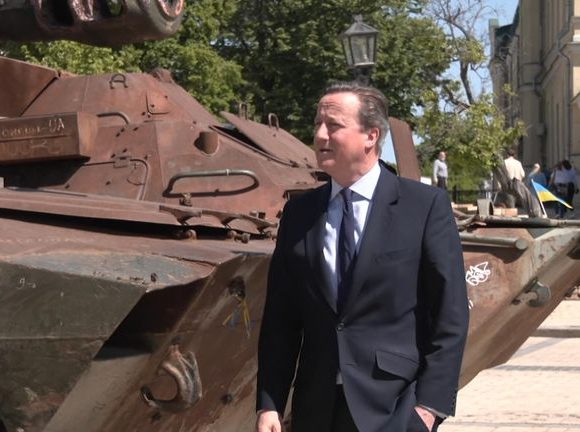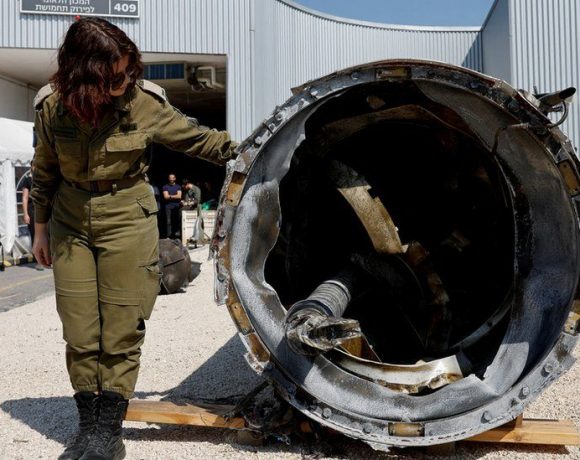
US President Joe Biden has reportedly authorized Ukraine to utilize American-supplied weaponry to target specific sites within Russia, particularly in the vicinity of the Kharkiv region. This directive aims to enable Ukraine to retaliate against Russian forces attacking or preparing to attack them.
Recent advances by Russian forces in the Kharkiv region, close to the Russian border, have prompted this decision. Despite this, the United States maintains its stance against allowing the use of long-range strikes or the Army Tactical Missile System (ATACMS) within Russian territory.
Regarding the possibility of targeting Russian aircraft, US officials stated that Ukraine has not been prohibited from defending itself against Russian planes flying over Russian soil. While the UK and some European leaders have expressed openness to relaxing restrictions on the use of Western-supplied weapons by Ukraine, the US has previously been hesitant due to concerns about escalation.
However, recent events have prompted a shift in this approach, as indicated by US Secretary of State Antony Blinken during a visit to Moldova. Russian forces have taken advantage of opportunities to advance further into Ukrainian territory, particularly in Kharkiv, amid delays in the arrival of additional Western weapons to Ukraine.
Recent attacks, including the bombing of a supermarket and a residential building, have resulted in civilian casualties and extensive damage, with Ukrainian officials accusing Russian forces of targeting civilian infrastructure.
Picture Courtesy: Google/images are subject to copyright


